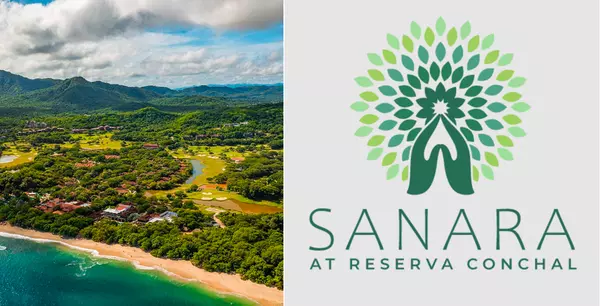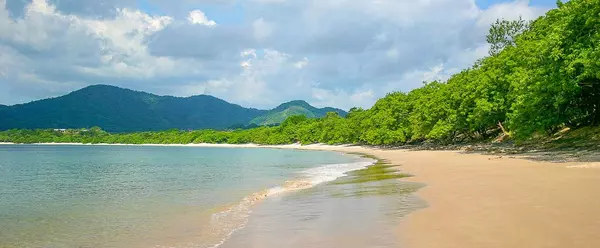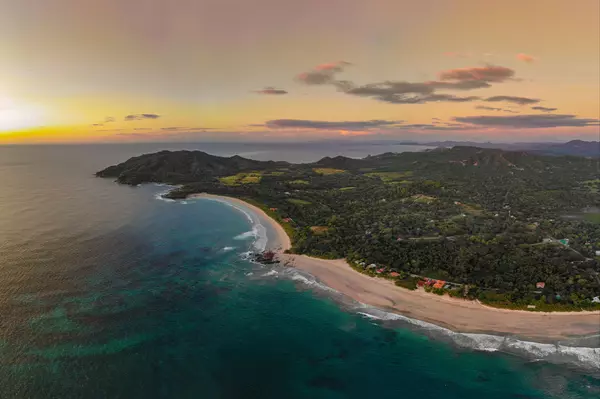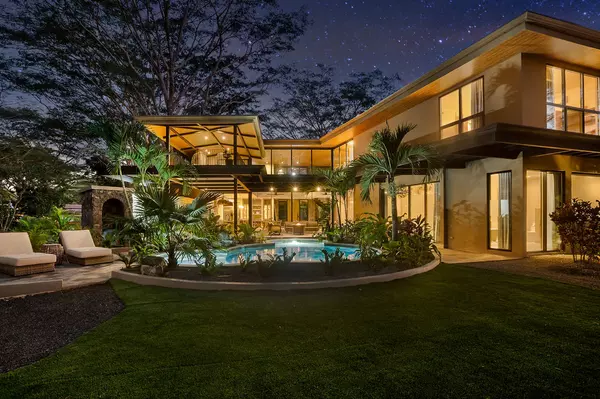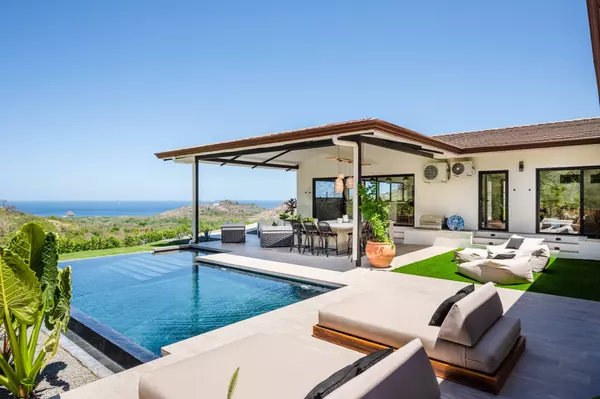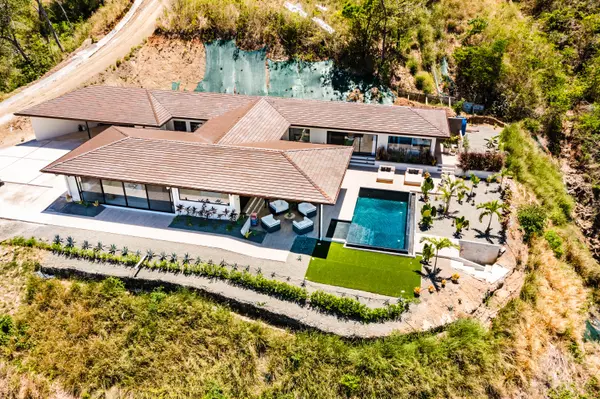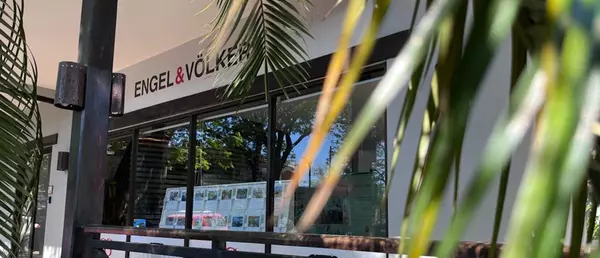GUIDE - Certifications and permits for building a house in Costa Rica
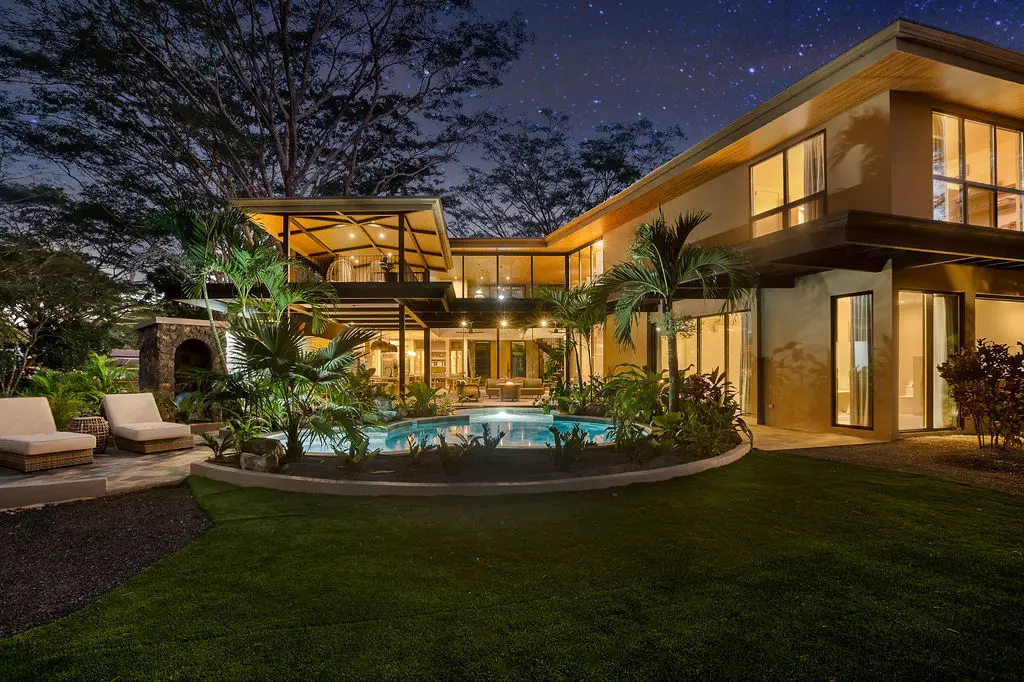
This Guide has be written and udated in parnership with Gonzalo Rojas B. from Quatro Legal our legal partner for all real estate transactions in Costa Rica.
Costa Rica has become a sought after location, for people looking to create their home thanks to its breathtaking beauty and pleasant climate. However if you're planning to embark on a building project in this paradise it's crucial to familiarize yourself with the certifications and permits required by the local authorities. In this guide we'll delve into the certifications, codes and permits needed when purchasing land and constructing a house in Costa Rica. This will ensure that your construction process goes smoothly and adheres, to all requirements.
-
- Legal Assistance
- Property Title
- Municipal Building Permit (Permiso de Construcción Municipal)
- Water and Sewerage Permit (Permiso de Agua y Alcantarillado)
- Electrical Permit (Permiso Eléctrico)
- Environmental Permits
- Architect and Engineer Certifications
- Other Permits and Considerations
1. Legal Assistance
Engage a reputable lawyer who specializes in real estate law in Costa Rica. They will guide you through the title verification process, ensure the property's legality, and draft the necessary legal documents for the purchase or construction process.
2. Property title
Checking the property title is indeed a critical step when buying or building a real estate property in Costa Rica. Verifying the property title ensures that you have a legitimate and legally recognized ownership of the land. Here's an overview of the process:
-
- Public Registry Search: The first step is to conduct a thorough search of the property's title at the National Registry (Registro Nacional). This search will reveal information about the property's ownership, boundaries, and any encumbrances or liens on the property.
- Property Survey: Engaging a professional land surveyor is recommended to accurately determine the boundaries and dimensions of the property. The survey will provide a detailed map outlining the exact location of the land and its boundaries. Also, it will help detect encroachments or overlaps with adjoining properties.
- Title Verification: With the assistance of a qualified lawyer or a notary public, review the property's title documentation, including the escritura pública (public deed) and any relevant cadastral plans. Ensure that the documentation matches the information obtained from the public registry search.
- Due Diligence: It is advisable to conduct due diligence on the property, especially if it is located in a rural or undeveloped area. This may involve checking for any outstanding taxes, outstanding utility bills, or unresolved legal disputes related to the property.
By conducting a thorough title search and verification, you can have peace of mind knowing that the property you intend to build on has a clear and valid title. It helps protect your investment and avoids potential disputes or legal issues in the future.
3. Municipal Building Permit (Permiso de Construcción Municipal)
The Municipal Building Permit, also known as "Permiso de Construcción Municipal," is the primary authorization required to initiate any construction project in Costa Rica. This permit is issued by the local municipality and serves as proof that the proposed construction complies with all the necessary regulations and codes.
To obtain the Municipal Building Permit, the following documents are typically required:
-
- Construction plans and blueprints: These must be prepared by a licensed architect or engineer and include detailed information about the project, such as floor plans, structural designs, and electrical and plumbing layouts.
- Environmental impact assessment: In certain cases, an environmental impact assessment may be necessary, especially if the construction site is located near protected areas or involves significant land clearing.
- Proof of land ownership: The property owner must provide legal documentation proving their ownership or right to use the land for construction purposes.
- Payment of fees & taxes: There are fees and taxes associated with obtaining the Municipal Building Permit, which vary based on the size and complexity of the project.
4. Water and Sewerage Permit (Permiso de Agua y Alcantarillado)
The Water and Sewerage Permit, known as "Permiso de Agua y Alcantarillado," is necessary for connecting your property to the municipal water supply and sewerage system. This permit ensures that the construction adheres to the appropriate water and sanitation standards.
To obtain this permit, you will generally need to:
-
- Check availability of the water ans sewarage services at the Costa Rican Institute of Aqueducts and Sewers
- Submit an application to the local water and sewerage authority, providing details about the property and the proposed construction.
- Comply with any specific requirements set by the authority, such as the installation of septic tanks or wastewater treatment systems.
- Pay the necessary fees associated with the permit.
5. Electrical Permit (Permiso Eléctrico)
The Electrical Permit, or "Permiso Eléctrico," is required for all electrical installations in your Costa Rican property. This permit ensures that the electrical work is conducted safely and in compliance with the applicable electrical codes and regulations.
To obtain an Electrical Permit, you will typically need to:
-
- Submit an application to the local electrical utility company, providing details about the electrical installation.
- Include electrical plans and specifications prepared by a licensed electrical engineer.
- Comply with any specific requirements set by the electrical utility company.
- Pay the associated fees.
6. Environmental Permits
Costa Rica is renowned for its commitment to environmental preservation. Therefore, depending on the location and characteristics of your construction project, you may need to obtain additional environmental permits to ensure compliance with the country's environmental regulations.
-
- Setena Approval: The National Environmental Technical Secretariat (SETENA) oversees environmental impact assessments for certain construction projects. If your project is likely to have a significant impact on the environment, such as building in protected areas or near rivers, a SETENA approval may be required.
- Tree Cutting Permit: Cutting down trees on your property may require a specific permit, especially if they are protected species or located in specific areas designated as ecological reserves.
It is crucial to consult with a local environmental consultant or lawyer to determine the specific environmental permits necessary for your construction project.
7. Architect and Engineer Certifications
In Costa Rica, construction projects must be overseen by licensed professionals, such as architects and engineers. These certifications ensure that the design and construction of your house meet the required standards and regulations.
-
- Licensed Architect: When designing your house, it is essential to engage a licensed architect registered with the Costa Rican College of Architects (Colegio de Arquitectos de Costa Rica). The architect will be responsible for creating the construction plans and blueprints, ensuring that they comply with local building codes and regulations.
- Licensed Engineer: Depending on the complexity of your project, you may need the expertise of licensed engineers, such as structural, electrical, or plumbing engineers. They will be responsible for designing and overseeing the specific systems within your house, ensuring they meet safety and technical requirements.
By working with certified professionals, you can have confidence in the quality and compliance of your construction project.
8. Other Permits and Considerations
In addition to the certifications and permits mentioned above, there are a few other aspects to consider when building a house in Costa Rica:
-
- Construction Worker Permits: Employing construction workers requires compliance with local labor laws. Ensure that your construction workers have the necessary work permits and comply with labor regulations.
- Zoning and Land Use Regulations: Before purchasing or developing land, it is essential to understand the zoning and land use regulations in the specific area. These regulations dictate what type of construction is allowed, density restrictions, and setback requirements.
- HOA or Community Approvals: If your property is located within a homeowners' association (HOA) or gated community, you may need to seek approval from the community's board or architectural committee. They often have specific design guidelines and restrictions that must be followed.
Conclusion
This article is meant as a general guide and does not substitute professional legal advice. It is crucial to consult with a local real estate agent who as access to qualified lawyer or notary who specializes in real estate transactions in Costa Rica for personalized guidance tailored to your specific circumstances.
Constructing a house in Costa Rica entails navigating through certifications and permits to ensure that the construction project is legally compliant and successful. This informative article has outlined the certifications, codes and permits required which include the Municipal Building Permit, Water and Sewerage Permit Electrical Permit, Environmental Permits, Architect and Engineer Certifications Condominium Permit as well as other considerations. It is crucial to engage professionals such, as real estate advisors, architects, engineers and legal consultants who possess an understanding of local regulations and processes. By following the procedures diligently you can confidently embark on your journey of building your dream home in Costa Rica while adhering to the countrys laws and regulations.
Looking to Build or Purchase a Luxury Property in Costa Rica ?

Categories
Recent Posts

